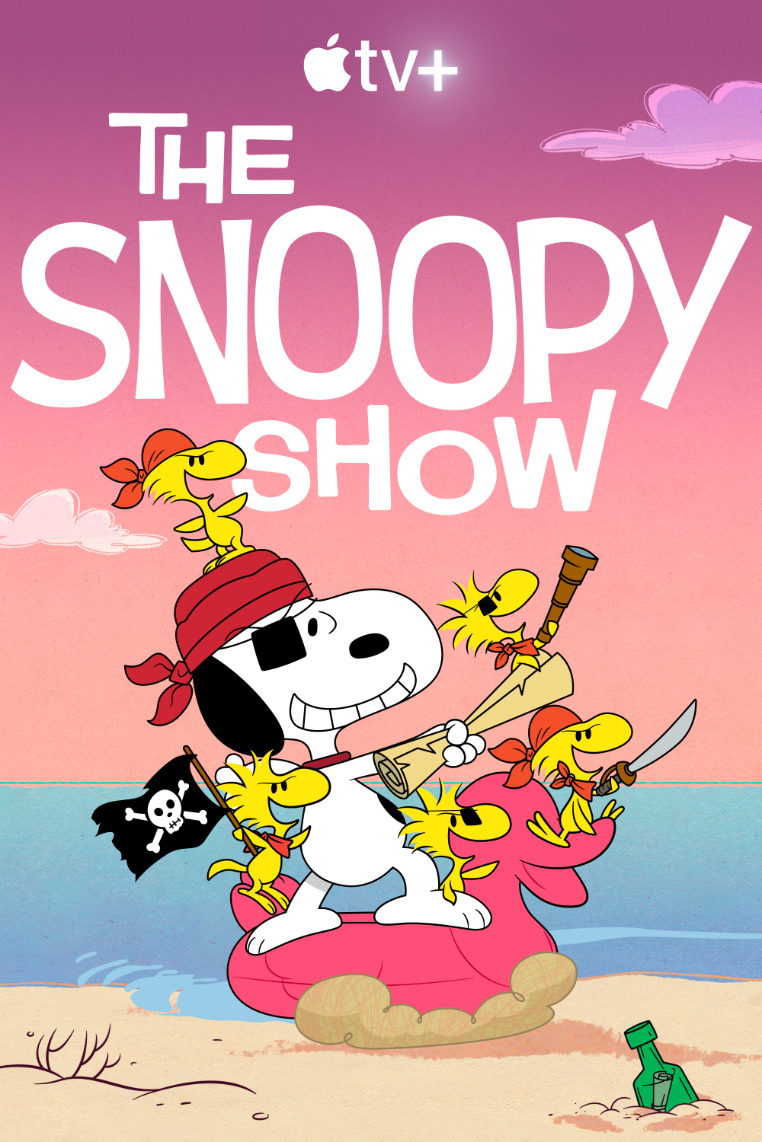
By Gavin Boyle
Gen Z slang etymologist Adam Aleksic explained how social media influences the words that the younger generations use daily.
“It’s not new that we’re getting slang, that’s always been a thing. I’m a strong believer, however, that the medium is the message, and each new medium will have a unique influence on the way language changes…Algorithms, I think, are a new inflection point for language. They are a new infrastructure underlying the internet and how we communicate with one another,” Aleksic told CBS Mornings.
“There’s a positive feedback loop that I call the engagement treadmill. Once a word is trending, creators and influencers will use that word because they are trying to tap into a trend to go more viral because that’s our job,” he continued. “Then that word will be more popular with their audience, and then the algorithm will push it further, then more creators will use it; then we end up with these words being used broadly.”
Related: Is Your Kid Speaking Italian? Nope. It’s Just Gen Alpha’s Latest Brainrot.
Some of the words that have become commonplace recently include “rizz,” “sus,” “drip” and “brain rot” — which was Oxford’s word of the year in 2024 as voted upon by 37,000 people. Despite it being a word of the younger generation, its roots trace back to the 1800s to describe how too much leisure can lead to lower brain ability.
“According to Oxford University Press, [brain rot] was first used by author Henry David Thoreau in his book ‘Walden’ as he criticised society’s tendency to devalue complicated ideas in favor of simple ones,” Oxford explained. “‘While England endeavors to cure the potato rot,’ wrote Thoreau, ‘will not any endeavor to cure the brain-rot — which prevails so much more widely and fatally?’”
The younger generation’s slang words are also unique compared to those of the past because of how quickly words fall in and out of favor. Once again, this is a result of algorithms and how things spread across the internet.
“Every day there’s just another set of terms,” Camille Nisich, parent to a 14- and 15- year-old, told NBS. “They’ll just be talking, and my husband and I are kind of like, ‘We’re not sure what that means.’”
For some parents, however, this is a concern as they can not understand what their children are saying to each other when they speak with these terms, and thus, they are unable to moderate the conversation. Parents cannot even turn to AI for help in most cases because the chatbots are behind on the slang, too, and can only give guesses to what word mean. Nonetheless, most experts say it is nothing to worry about as slang is almost always just a silly way for the younger generation to communicate.
It is fascinating how the internet continues to impact our lives from everything from the videos we watch to the words we say.
Read Next: The Surprising Reason AI Models Can’t Understand Gen Alpha’s Slang
Questions or comments? Please write to us here.


 - Content:
- Content: 
 – Content:
– Content: 
